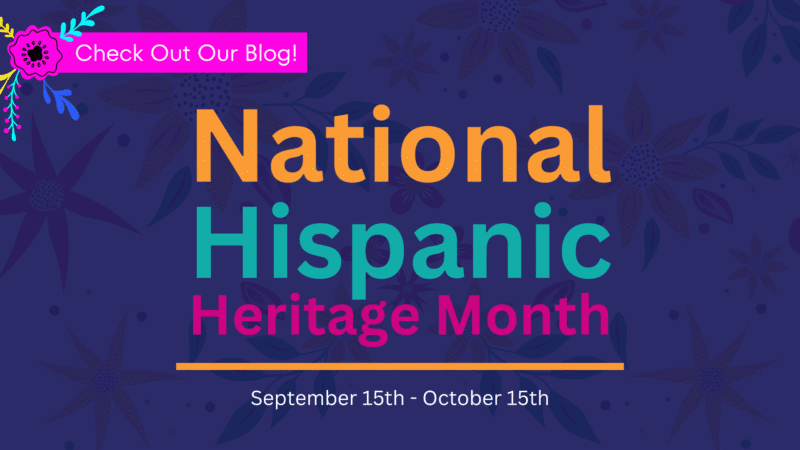
As June unfolds each year, there emerges a momentous day in American history that resonates deeply with the essence of freedom and resilience. Juneteenth, observed on the 19th of June, commemorates the emancipation of enslaved African Americans in the United States. Its history is rich with significance, reflecting both the jubilation of newfound liberty and the ongoing struggle for equality.
History
Juneteenth traces its origins to Galveston, Texas, in 1865, when Union General, Gordon Granger arrived to proclaim freedom for all enslaved people in the state. This announcement, which came over two years after the Emancipation Proclamation, marked a pivotal moment in American history. It symbolized the belated, yet joyous liberation of those who had endured years of oppression and injustice.
The newly freed individuals celebrated with prayer, feasting, and festivities, embracing their newfound freedom with profound gratitude and hope. Over time, Juneteenth celebrations spread across the United States, becoming a poignant reminder of the resilience of the human spirit and the enduring quest for justice.
Juneteenth Today: A Day of Reflection and Celebration
In contemporary America, Juneteenth holds renewed significance as a time to reflect on the complexities of freedom and to celebrate the achievements and contributions of African Americans to the fabric of society. It serves as an opportunity to educate future generations about the struggles and triumphs of the past, fostering a deeper understanding of the ongoing journey toward equality and social justice.
Celebrations vary widely, from community parades and cookouts to musical performances and educational events. Families and friends gather to honor their heritage, share stories of resilience, and reaffirm their commitment to unity and progress. Juneteenth celebrations also provide a platform for dialogue on issues such as systemic racism, economic inequality, and the pursuit of civil rights.
Why Juneteenth Matters
The significance of Juneteenth extends beyond its historical roots — it serves as a poignant reminder of the work still to be done in the ongoing fight for equality. It challenges us to confront the legacies of slavery and segregation that continue to shape our society today. By acknowledging Juneteenth, we acknowledge the full scope of American history—the struggles, the triumphs, and the resilience of generations who have fought for justice and equality.
Moreover, Juneteenth encourages us to celebrate diversity and embrace cultural heritage as fundamental to the American identity. It prompts us to reflect on the principles of freedom, equality, and unity that lie at the heart of our nation’s aspirations.
Looking Forward
As Juneteenth gains recognition as a federal holiday in the United States, its significance will only grow. It represents not only a milestone in the journey toward racial equality, but also a time for all Americans to come together in solidarity and celebration. By honoring Juneteenth, we affirm our commitment to a future where freedom and justice prevail for all.
This Juneteenth, let us reflect on the progress made, acknowledge the challenges ahead, and celebrate the resilience and spirit of the African American community. Together, let us strive to build a more just and inclusive society, where every individual can live with dignity, equality, and freedom.




